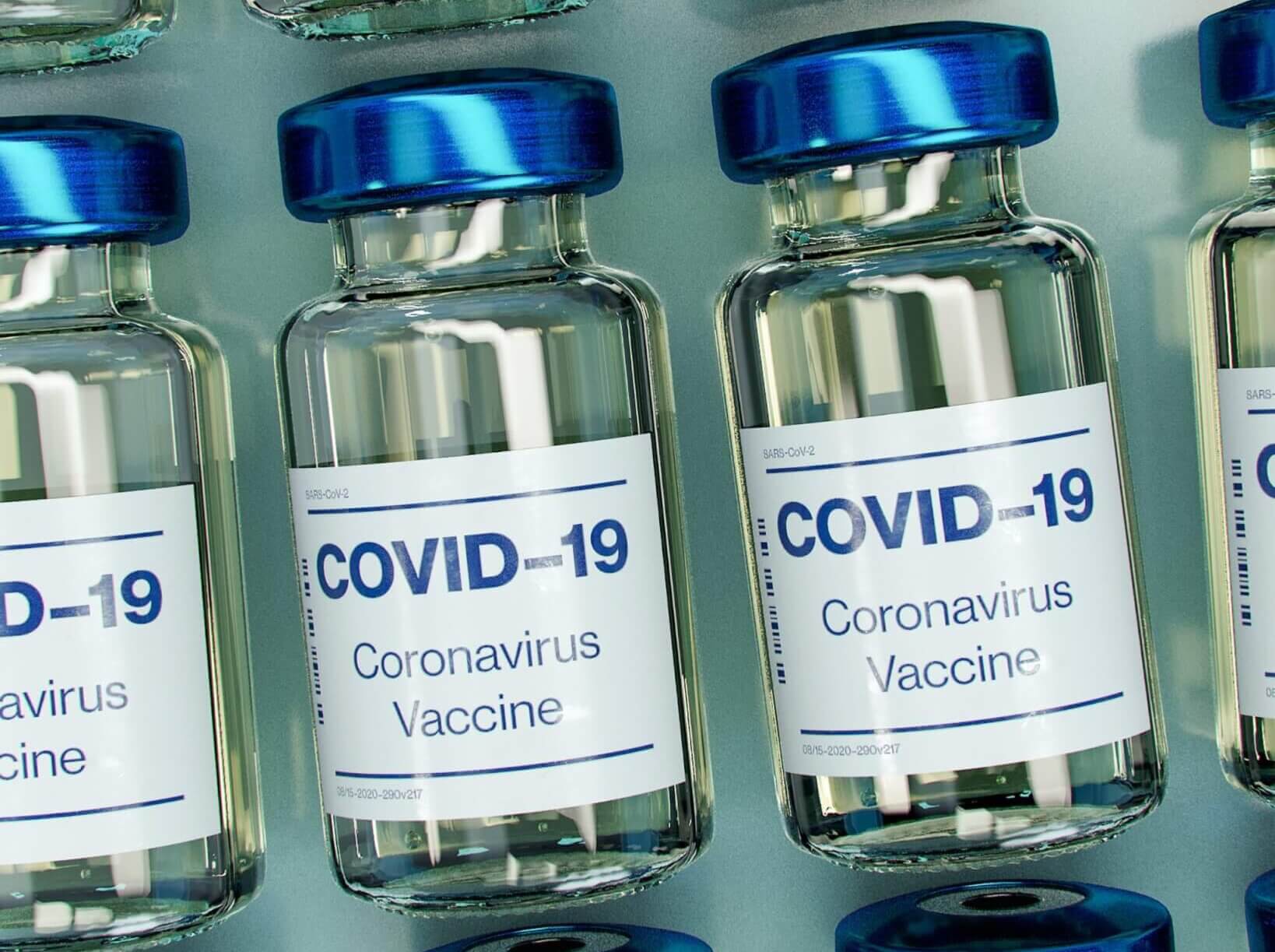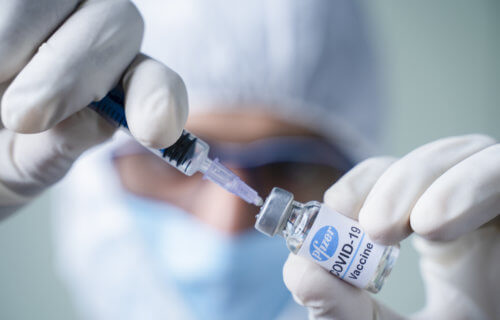💡What To Know:
- A study of 99 million people finds several rare side-effects linked to COVID vaccines
- The conditions can affect the heart, blood, and brain
- The overall risk of suffering vaccine-related side-effects remains very low
AUCKLAND, New Zealand — Even though the COVID-19 vaccine has potentially saved millions globally, the largest study of its kind is revealing there are also some rare dangers as well. Researchers in Australia found that these include heart, blood, and neurological issues.
This comprehensive analysis, part of the Global COVID Vaccine Safety (GCoVS) Project, involved scrutinizing the occurrence of adverse events of special interest (AESI) following vaccination. The data from the Global Vaccine Data Network (GVDN) spanned across eight countries and involved over 99 million individuals.
The study focused on a list of 13 potential adverse events, including neurological, hematological (related to blood), and cardiac conditions. These AESIs were selected based on their possible association with vaccines or their theoretical risk, drawing on past experiences with immunizations and insights from animal studies.
Researchers employed a method known as “observed vs. expected” analysis. This involves comparing the actual number of adverse event cases reported after vaccination to the expected number based on historical data before the vaccine was introduced. This method is crucial for early detection of potential safety concerns, especially when dealing with rare events that might only become apparent after widespread vaccine administration.

The findings confirmed previously identified safety signals for myocarditis (inflammation of the heart muscle), pericarditis (inflammation of the sac around the heart), Guillain-Barré syndrome (a rare neurological disorder), and cerebral venous sinus thrombosis (a rare type of blood clot in the brain).
These conditions were associated with different types of COVID-19 vaccines, including mRNA vaccines like Pfizer/BioNTech and Moderna’s mRNA-1273, as well as adenovirus-vector vaccines like the Oxford/AstraZeneca ChAdOx1.
“The size of the population in this study increased the possibility of identifying rare potential vaccine safety signals,” says study lead author Kristýna Faksová, of the Department of Epidemiology Research at Statens Serum Institute in Copenhagen, in a university release. “Single sites or regions are unlikely to have a large enough population to detect very rare signals.”
For instance, Guillain-Barré syndrome and cerebral venous sinus thrombosis showed a higher-than-expected occurrence after the first dose of the ChAdOx1 vaccine. Similarly, acute disseminated encephalomyelitis, a swelling in the brain and spinal cord, was more common after the first dose of the mRNA-1273 vaccine.
These findings, while confirming known risks, also underscore the rarity of such adverse events. For example, while the study identified an increased risk of Guillain-Barré syndrome following the ChAdOx1 vaccine, the overall risk remains low. It’s important to weigh these risks against the benefits of vaccination, especially considering the severe health risks associated with COVID-19 infection itself.
The Importance of Global Collaboration
This study exemplifies the power of global collaboration in vaccine safety monitoring. By pooling data from diverse populations and health care systems, researchers can detect even the rarest of vaccine-related adverse events. This approach not only enhances the reliability of vaccine safety assessments but also helps in rapidly addressing public and healthcare professionals’ concerns.
“GVDN supports a coordinated global effort to assess vaccine safety and effectiveness so that vaccine questions can be addressed in a more rapid, efficient, and cost-effective manner. We have a number of studies underway to build upon our understanding of vaccines and how we understand vaccine safety using big data,” notes Dr. Steven Black, co-director at GVDN.
The transparency and scale of this research play a crucial role in building public trust in vaccines. Making the findings accessible through public data dashboards encourages open dialogue and informed decision-making among healthcare providers and the public alike.
While the study confirmed some rare risks associated with COVID-19 vaccines, it’s crucial to remember that there are benefits to vaccination — such as preventing severe illness, hospitalization, and death from COVID-19.
The study is published in the journal Vaccine.
You might also be interested in:

Omg ! Feces btwn your cheeks means you were not properly potty trained. Use more tissue and wipe until clean, you slob.
If I don’t get jabbed, I’m 100% safe from life-threatening side effects.
Could this cause Cardiac Sarcoidosis
yes it has been reported to cause sarcoidosis reaction in multiple organ, eyes ,heart lungs, lymph nodes.
Lodfren disease
erythma nodulum
cardiac sarcoidosis
systemic sarcoidosis
dermal sarcoidosis
etc
This is playing games with numbers, the methodology here is nonsense.
There is no proof or scientific/medical explaination for any of it, and most
likely these are just statistical random spikes that are being interpreted
by anti-vax groups looking to scare people or kill them.